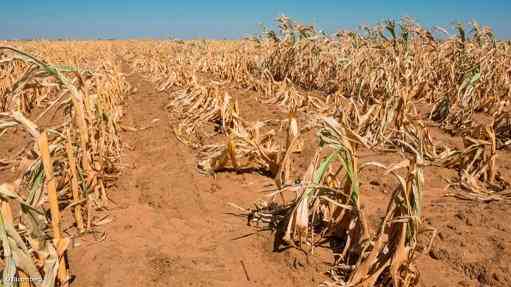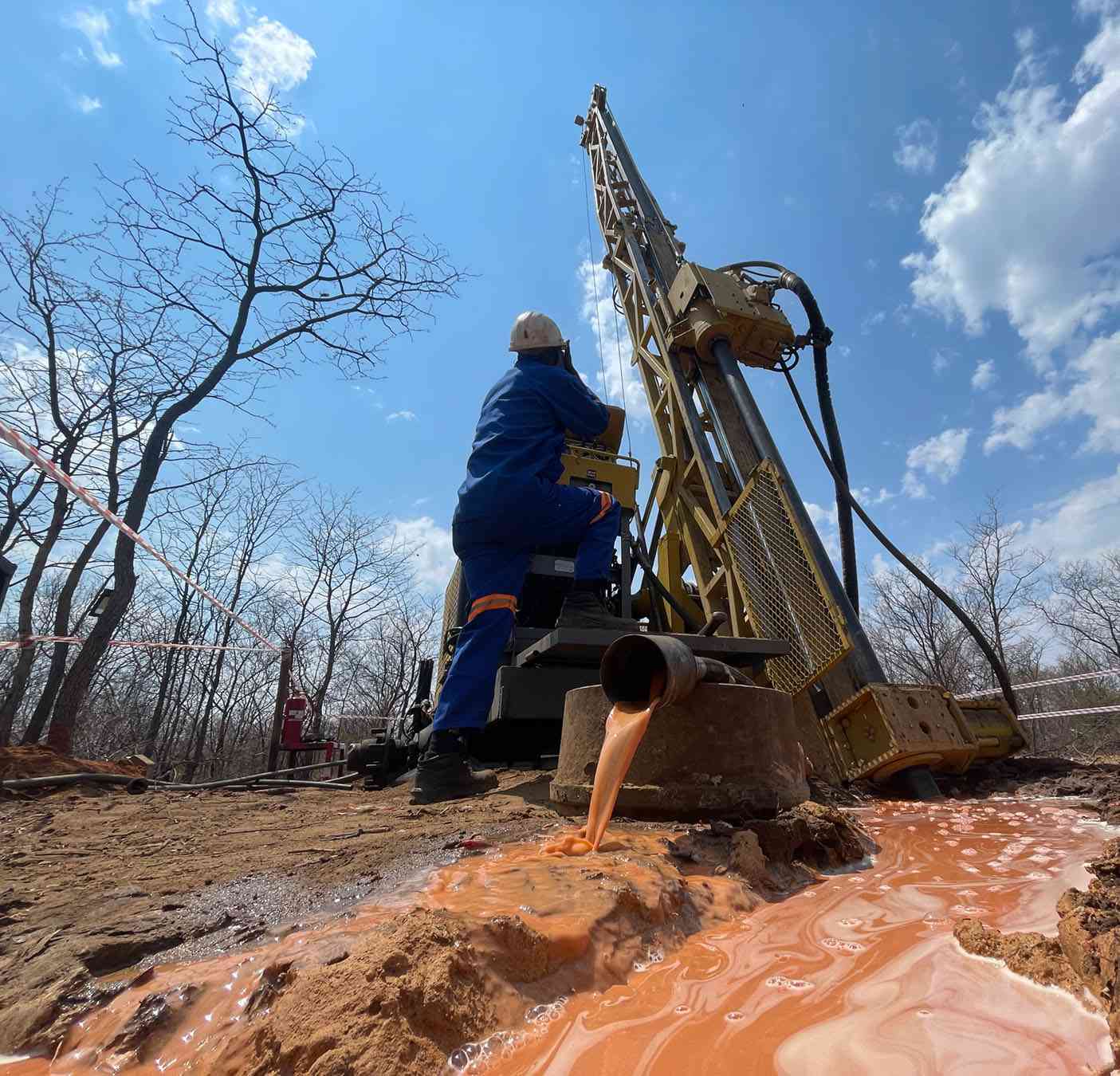
IN an era dominated by the far-reaching consequences of climate change, the significance of social workers in addressing environmental issues is gaining prominence as a pivotal component of sustainable development.
The traditional scope of social work, centred on human welfare and community support, is expanding to engage with the intricate challenges posed by environmental sustainability.
Social work, fundamentally dedicated to enhancing the well-being of individuals, families, and communities, is undergoing a transformative shift to include a focus on environmental concerns.
While historically addressing social challenges, such as poverty and inequality, social work is now integrating into broader issues, actively contributing to the discourse on environmental sustainability.
The multifaceted approach involves social workers playing a crucial role in educating communities about the environmental impacts of their actions.
For example, in urban areas, social workers may lead workshops on sustainable living practices, encouraging residents to reduce their carbon footprint and adopt eco-friendly habits.
Through advocating for sustainable practices and fostering awareness, social workers contribute significantly to the creation of environmentally conscious societies.
Moreover, social workers are uniquely positioned to address social injustices exacerbated by climate change, advocating for the rights of vulnerable populations and ensuring their inclusion in policy-making processes.
- Matiza’s widow in estate wrangle
- SA insurer targets Zim after US$2.4 million payouts
- Addressing climate change the green building way
- Hit hard by storms and forest loss, Zimbabweans building stronger homes
Keep Reading
For instance, in regions where climate change disproportionately affects indigenous communities, social workers can collaborate with these groups to amplify their voices and advocate for policies that consider their specific needs and challenges.
In disaster-prone regions, social workers serve an essential role in providing psychological support and rehabilitation to those affected by climate-related events.
Following a severe storm or flood, social workers may organise support groups, offer counselling services, and coordinate with local authorities to ensure a swift and comprehensive response.
Their expertise in crisis intervention and community mobilisation positions them as invaluable assets in helping communities recover and build resilience against future environmental challenges.
Several scholars have advocated for the active participation of social workers in mitigating the effects of climate change. The same argument is also driven by the ethical mandates of social work, which recognises the interconnectedness of environmental and social policies.
Scholars like Ife (2007) and Sugirtha and Little Flower (2015) highlight the importance of considering these aspects together, emphasising the obligation of social work to address environmental crises that disproportionately impact marginalised populations.
Collaboration between social workers, environmental scientists, policymakers, and communities is crucial for effective climate change mitigation.
Through fostering partnerships and interdisciplinary approaches, social workers contribute to the development of holistic strategies, addressing both the environmental and social dimensions of climate change.
An example of this collaboration could involve social workers working alongside environmental scientists to assess the specific needs of a community affected by a changing climate, and then collaborating with policymakers to implement targeted interventions that address both social and environmental concerns.
Transition to Zimbabwe
In Zimbabwe, where environmental challenges like water scarcity and extreme weather events are pressing concerns, the integration of social work into environmental initiatives is becoming increasingly relevant.
The nation has experienced the adverse effects of events, such as Cyclone Idai in 2019, which brought devastating floods, displacements, and infrastructural damage.
In the aftermath of such natural disasters, social workers can play a pivotal role in empowering affected communities. They can provide psychological support, organise community initiatives, and facilitate access to essential resources.
Moreover, social workers can advocate for policies that prioritise both human and environmental well-being, addressing the interconnectedness of these issues.
For instance, after Cyclone Idai, social workers could have been instrumental in pushing for policies related to disaster preparedness and sustainable infrastructure development.
However, this integration poses challenges, including the inherent complexity of addressing social and environmental issues simultaneously, as well as potential resource constraints that may impede comprehensive programme implementation.
Despite these challenges, the synergy between social work and environmental initiatives remains crucial for fostering resilience and sustainability in Zimbabwe's communities.
Challenges in Zimbabwe
Social workers in Zimbabwe grapple with the pervasive challenge of constrained resources, a predicament all too familiar in developing nations.
The scarcity of funding, technology, and infrastructure poses a formidable barrier to the execution of effective interventions.
Mitigating this issue demands a multi-pronged approach, involving advocacy for increased government and international funding, forging strategic partnerships with NGOs and the private sector, and exploring innovative, cost-effective solutions.
Efficient utilisation of existing resources becomes paramount, necessitating a focus on interventions with the highest potential impact.
Furthermore, a critical challenge arises from a lack of awareness within the population regarding the intricate connection between social work and climate change.
This knowledge gap makes community education a complex and demanding task. To address this, comprehensive awareness campaigns must be developed, leveraging various communication channels, such as local media and community workshops.
Collaboration with educational institutions becomes imperative, with an emphasis on integrating climate change education into curricula.
Highlighting the practical benefits of social work in addressing climate-related challenges can serve as a compelling motivator for community engagement.
The historical backdrop of political and economic instability in Zimbabwe further complicates the work of social workers, particularly in the realm of implementing long-term climate change mitigation strategies. Advocacy for stability and good governance is crucial, stressing the importance of climate resilience for national development.
To navigate the unpredictable landscape, adaptable, short-term interventions that can withstand fluctuations in the political and economic sphere should be prioritised.
Identifying specific vulnerable populations, especially in rural areas and informal settlements, presents an additional layer of challenge for social workers.
Reaching and supporting these communities adequately requires a nuanced approach.
Community-based initiatives, leveraging local leaders and influencers, and employing technology for remote support services are essential strategies.
Collaboration with local organisations and enlisting community members as active participants in planning and executing interventions can enhance the effectiveness of social work in these areas.
Cultural sensitivity stands out as an essential consideration for social workers to engage effectively in Zimbabwe.
This involves a deep understanding and respect for local customs and traditions.
To address this challenge, ongoing cultural sensitivity training for social workers is crucial in promoting cross-cultural understanding and fostering respectful interactions.
Lastly, the importance of collaboration cannot be overstated, but challenges persist in fostering cooperation between government agencies, NGOs, and local communities.
Overcoming these obstacles requires the establishment of regular communication platforms involving all stakeholders to build trust and understanding.
Advocacy for policy changes that promote collaboration and streamline efforts can create an enabling environment for effective social work initiatives.
Initiating joint projects and initiatives that showcase the benefits of coordinated efforts becomes instrumental in addressing the complex societal challenges present in Zimbabwe.
In conclusion, social work is evolving to embrace the challenges posed by climate change, bridging the gap between social and environmental issues.
As we navigate the complexities of a changing climate, the contributions of social workers are integral to building a world where both people and the planet thrive.
Through empowering communities, advocating for policy changes, and promoting sustainable practices, social workers emerge as powerful agents in the pursuit of a more resilient and sustainable future.
- Tazvivinga is a development economist passionate about assessing the costs and benefits of climate policies. Dzingai is an upcoming social scientist who holds a deep passion for implementing gender-sensitive approaches to effectively tackle the challenges posed by climate change. — [email protected]. These weekly New Perspectives articles, published in the Zimbabwe Independent, are coordinated by Lovemore Kadenge, an independent consultant, managing consultant of Zawale Consultants (Pvt) Ltd, past president of the Zimbabwe Economics Society and past president of the Chartered Governance & Accountancy Institute in Zimbabwe. — [email protected] or +263 772 382 852.











